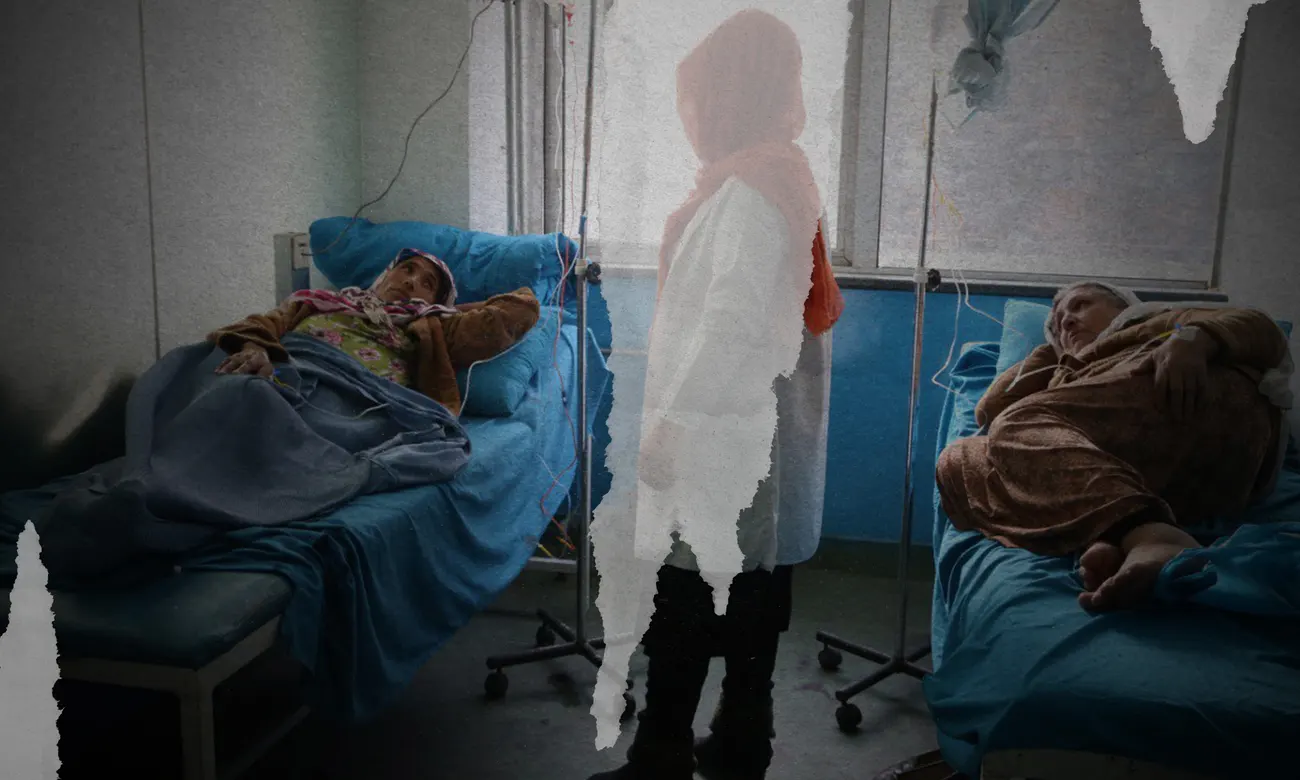One morning last summer, Nasira* arrived for work at the government building in Kabul where she was employed in a managerial position to find men from the Taliban had occupied her office. “I wasn’t allowed to enter,” the 32-year-old says. “When I enquired why, I was told to wait for a government announcement, which never came.”
This was shortly after the Taliban swept to power and seized Kabul, the capital city, on 15 August 2021. That was the last day that Nasira and thousands of women like her were able to go to work. Though the Taliban’s acting prime minister, Mullah Mohammad Hassan Akhund, claimed that women would be allowed to continue working under sharia law, female government employees in Kabul were told to stay at home, and only women whose jobs cannot be done by men were allowed to work.
Nasira is technically still employed and receives a significantly reduced salary. “They tell me, ‘we are paying you, what else do you need?’ But money is not my priority,” she says. “I was responsible for our department’s services to women citizens. I want to serve my people, especially the women of my country, who are not receiving services they need because there are no women officials to help them.”
It is not only government positions that women have been forced out of. According to Reporters Without Borders, only 100 of Kabul’s 700 female journalists were still working by the end of 2021. In 2019, 36% of teachers in the country were women, according World Bank data, the highest number for 20 years, but the Taliban’s ban in March on education for girls forced many female educators out of work.
Sima Bahous, the UN Women executive director, said this month: “Current restrictions on women’s employment have been estimated to result in an immediate economic loss of up to $1bn – or up to 5% of Afghanistan’s GDP.” She added: “There is almost universal poverty in the country.”
The Afghan academic and former minister of mines, Nargis Nehan, says: “It is hard to collect data under the Taliban, and access to information is limited, but under the previous government 27% of the civil servants and almost 40% of the teachers were women. But only a handful of women are allowed to work these days.”
Read full story on The Guardian
